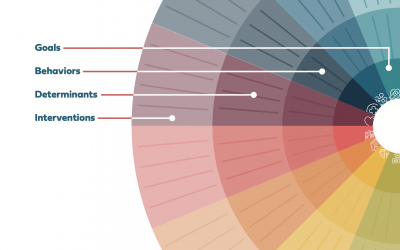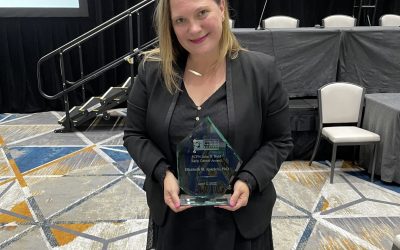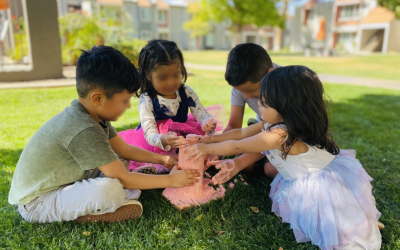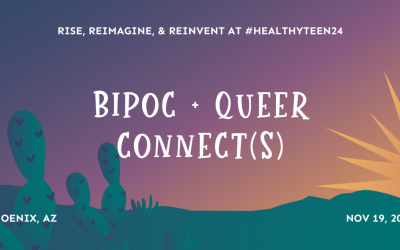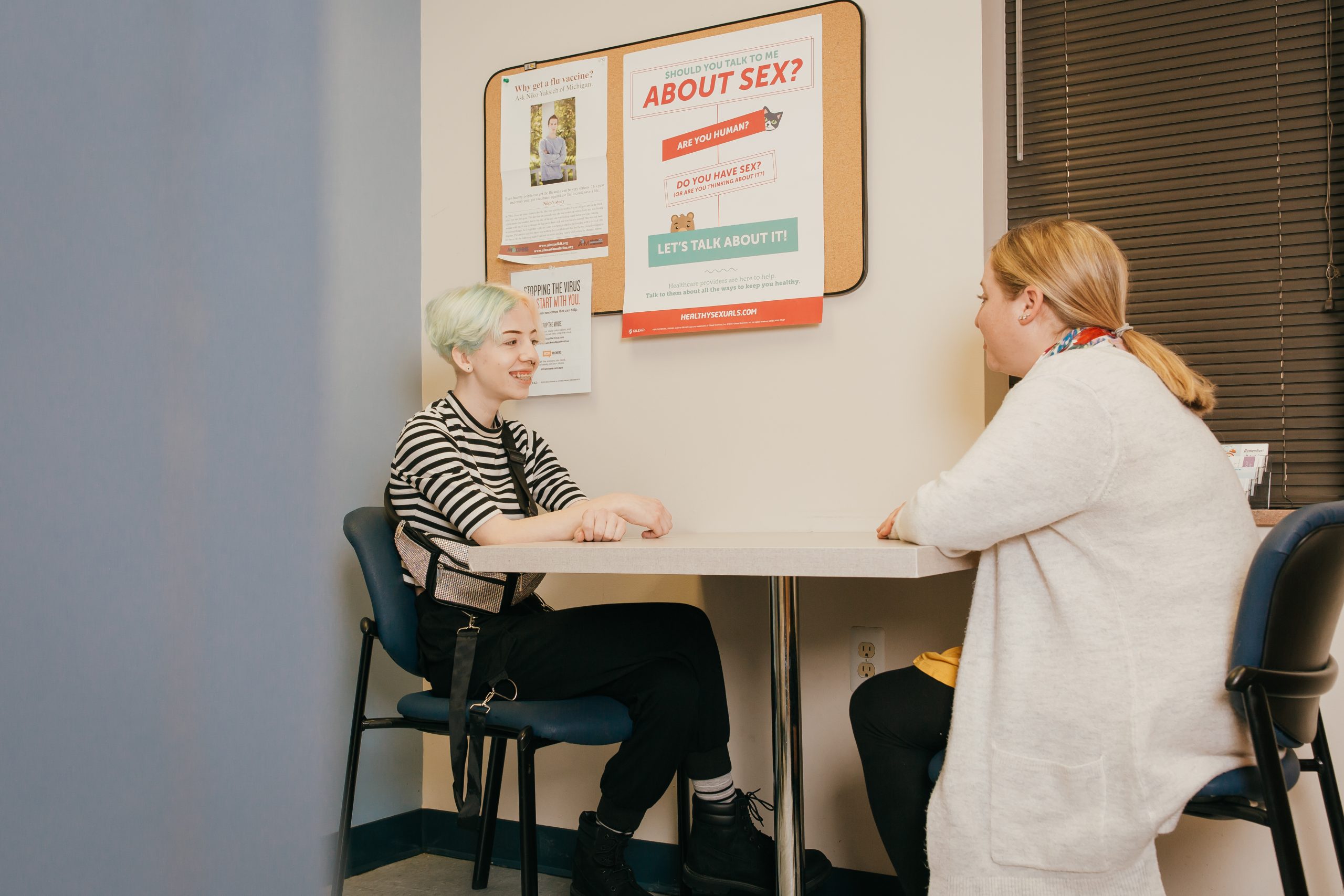

By Katie Massey Combs, PhD
June 28, 2021
As a recent MSW graduate and young caseworker for young women experiencing homelessness, most of the youth on my caseload were pregnant or parenting. Despite being a “broker” to an array of services and seeing both the challenges and joys of an early pregnancy, it never crossed my mind to ask if my clients had what they needed to prevent pregnancy—to simply ask: Do you want to get pregnant in the next year? If not, do you have what you need? Fast forward a decade and a half, this experience drives a lot of my research.
If you are reading this blog post, you probably already know that while teen pregnancy in the United States has declined significantly over the last three decades, this is not the case for youth who are highly marginalized, like youth involved in child welfare services. Disparities in sexual health outcomes, like teen pregnancy, often emerge due to poorer access to reproductive health education and services. Indeed, research suggests that the decline in teen pregnancy in the general population is partly due to increased access to contraceptives and more comprehensive sexual education. Preventative education and services that the general population has benefited from are not fully reaching youth involved in child welfare.
Educating and providing services to youth is typically the responsibility of parents, schools, and community-based providers. Interventions for youth are typically delivered through parents, schools, or community-based agencies and involve direct education and service provision to youth. However, these avenues are problematic for youth involved in child welfare, as youth frequently experience disruptions in relationships with their families, schools, and communities.
Child welfare actors (e.g., caseworkers, caregivers) are uniquely positioned to fill education and service gaps related to sexual and reproductive health for youth involved in the child welfare system. As a lynchpin in bridging gaps in services and education, child welfare actors are critical for promoting sexual health agency and autonomy for the youth under their care.
As a lynchpin in bridging gaps in services and education, child welfare actors are critical for promoting sexual health agency and autonomy for the youth under their care.
So, what do we know about child welfare actors communicating or engaging with youth regarding sexual and reproductive health?
Though research is limited, a 2021 study with 201 caseworkers examined beliefs around communicating with youth on sexual health and past month communication. The study found that on average, workers reported discussing sexual health with 24% of their adolescent caseload in the past month. This study, as well as others, suggests that caseworkers tend to strongly believe that communicating with youth about sexual and reproductive health is important and needed, yet sexual health topics do not commonly arise between caseworkers and youth. A couple of studies have noted that feeling unequipped and uncomfortable with such taboo and sensitive topics and lacking knowledge around sexual health were barriers to communication.
So, what can help bridge these barriers?
- In the study mentioned above, workers who felt that their workplace culture (i.e., subjective norms) was supportive of communication with youth on these sensitive topics and workers who had higher self-efficacy to communicate were more likely to communicate with youth. In other words, feeling confident in one’s ability to discuss such sensitive topics and feeling that your supervisor or coworkers support such conversations seemed to help bridge the barriers of communicating with youth.
- One way to boost self-efficacy and knowledge is through training. Studies have documented the need for training for caseworkers and caregivers on this topic, and a 2020 study found that caseworkers who attended a 6.5-hour training on sexual health of youth in foster care had more positive behavioral beliefs, self-efficacy to communicate, and knowledge of sexual health compared to date- and region-matched comparison participants at a three-month follow-up.
- Understanding that youth often report that they wished an adult would have addressed the topic of sex directly with them, may help adults move past the awkwardness. Even as teens giggle or roll their eyes, they need and want reliable and trusted information. Just remembering that teens have a social responsibility to give adults a roll of the eyes at such an embarrassing topic may help to normalize!
- On that note, knowing that youth do not need you to be an expert on sexual or reproductive health can relieve some pressure. Youth need confidential, trusted adults—not experts!
- Finally, having a few resources or handouts from a sexual health education website or local group can be invaluable. There are lots of great online resources. When in doubt, send a message to one of the anonymous and free sexual health text lines (who says these are just for teens!) – In Case Your Curious (ICYC) is just one of them.
It may sound like I am advocating to “add to the plate” of already overburdened child welfare actors. However, issues of sexual health are ALREADY on their plates! It is just that no one is sure how to handle them. Training, guidance, and resources for caregivers and caseworkers only help with one of their already pressing concerns!
PHOTO CREDIT: Heather Nash Photography for the Adolescent Health Initiative
Katie Massey Combs is a Research Associate at the University of Colorado Boulder in the Institute of Behavioral Science. Her research focuses on the prevention of behavioral health problems and the promotion of well-being among vulnerable youth, specifically unwanted pregnancy among youth involved in foster care. Trained in social work and public health, she is keenly interested in interdisciplinary and applied research to understand what works, and in using research to inform practice and policy. Read more about Dr. Massey Combs.





